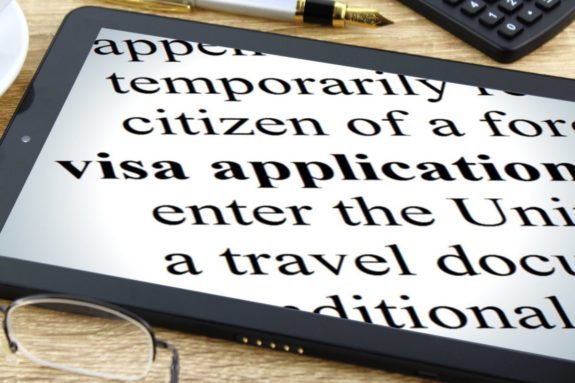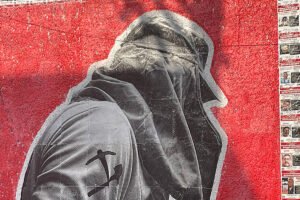
April 19, 2017; ThinkProgress
As President Trump nears 100 days in office, a significant landmark for most presidents, he has issued another executive order with vague action items, uncertain consequences, and the potential to damage nonprofit communities.
On Tuesday, President Trump signed an executive order titled “Buy American and Hire American,” with a provision directing the Attorney General and the Secretaries of State, Labor, and Homeland Security to “suggest reforms to help ensure that H-1B visas are awarded to the most skilled or highest paid petition beneficiaries.”
H-1B visas are used to bring skilled workers to the U.S., to fill jobs where no qualified Americans are available. They are overwhelmingly awarded to tech companies and outsourcing firms like Infosys or Tata, but over 15,000 go to universities and research organizations each year as well. There are 65,000 visas available each year, plus 20,000 extra for candidates with Masters and PhD degrees, plus those universities and research organizations, which are not capped. In 2016, USCIS received 236,000 petitions for the 85,000 spots.
As ThinkProgress notes, “Academics and lower-wage employees (oftentimes at non-profits), as well as foreign students drawn to those jobs, also count on the program — and a crackdown could hinder their efforts to pursue the jobs they love, in fields that aren’t typically lucrative, like advocacy and social justice.”
Though the visa program is described as being for highly skilled workers like programmers and analysts, and companies like Apple and Amazon are often mentioned as beneficiaries, the top 10 visa recipients are actually outsourcing firms like the Indian Tata group or the American firm Infosys. In fact, Tata got 12.3 percent of the visas, ten times what Amazon received and more than ten times what Apple or Google were awarded.
Sign up for our free newsletters
Subscribe to NPQ's newsletters to have our top stories delivered directly to your inbox.
By signing up, you agree to our privacy policy and terms of use, and to receive messages from NPQ and our partners.
On a recent visit to Kenosha, Wisconsin, Trump made his opinion on the program clear: He said it “should include only the most skilled and highest-paid applicants and should never, ever be used to replace American workers.” (It may be worth noting that his wife, First Lady Melania Trump, emigrated to the U.S. on an H-1B visa in 1996 for a modeling job in New York.)
Analysts have speculated that reforms to the H-1B program could mean changing the criteria for recipients—instead of a lottery system, spots would be awarded to the highest-paying employers—or the requirements for demonstrating due diligence in searching for a U.S. citizen to fill the position could be tightened.
Reform for the H-1B program has bipartisan Congressional support; Senators Bernie Sanders, Chuck Grassley, Dick Durbin, and others have all supported it.
The program itself is controversial. On the one hand, thousands of U.S. tech workers have lost their jobs in recent years, and some have even been required to train their non-citizen replacements as part of their severance packages. It’s one thing when companies can’t find the talent they need to grow and innovate; it’s another when they hire a company like Infosys to do their IT work and lay off workers.
Al Jazeera called the executive order “largely symbolic,” which really depends upon how seriously the departments named in the order take the directive to consider reform. Like many of Trump’s positions and calls to action, the wording is ambiguous and doesn’t require any immediate or specific actions. It is not clear how the new rules, if they are enacted, would affect organizations that have so far been exempt from the caps.
Indian external affairs spokesperson Gopal Baglay said of the visa program, “It is not an immigration issue. It is a trade and services issue….There is a mutuality of interests involved.” American nonprofits have been having a tough time in India this year, and may find it tougher if opportunities for Indian nationals are limited by visa reform.—Erin Rubin











